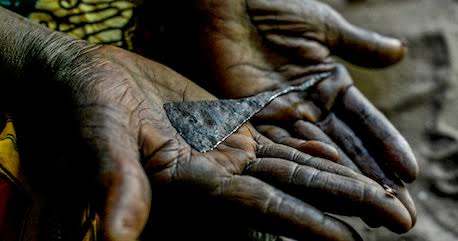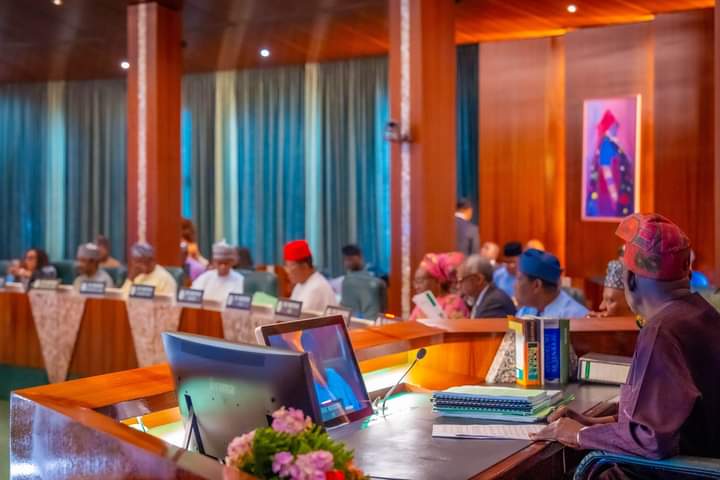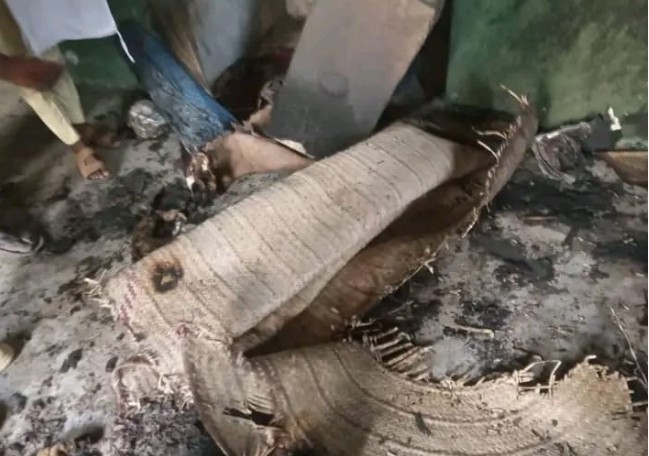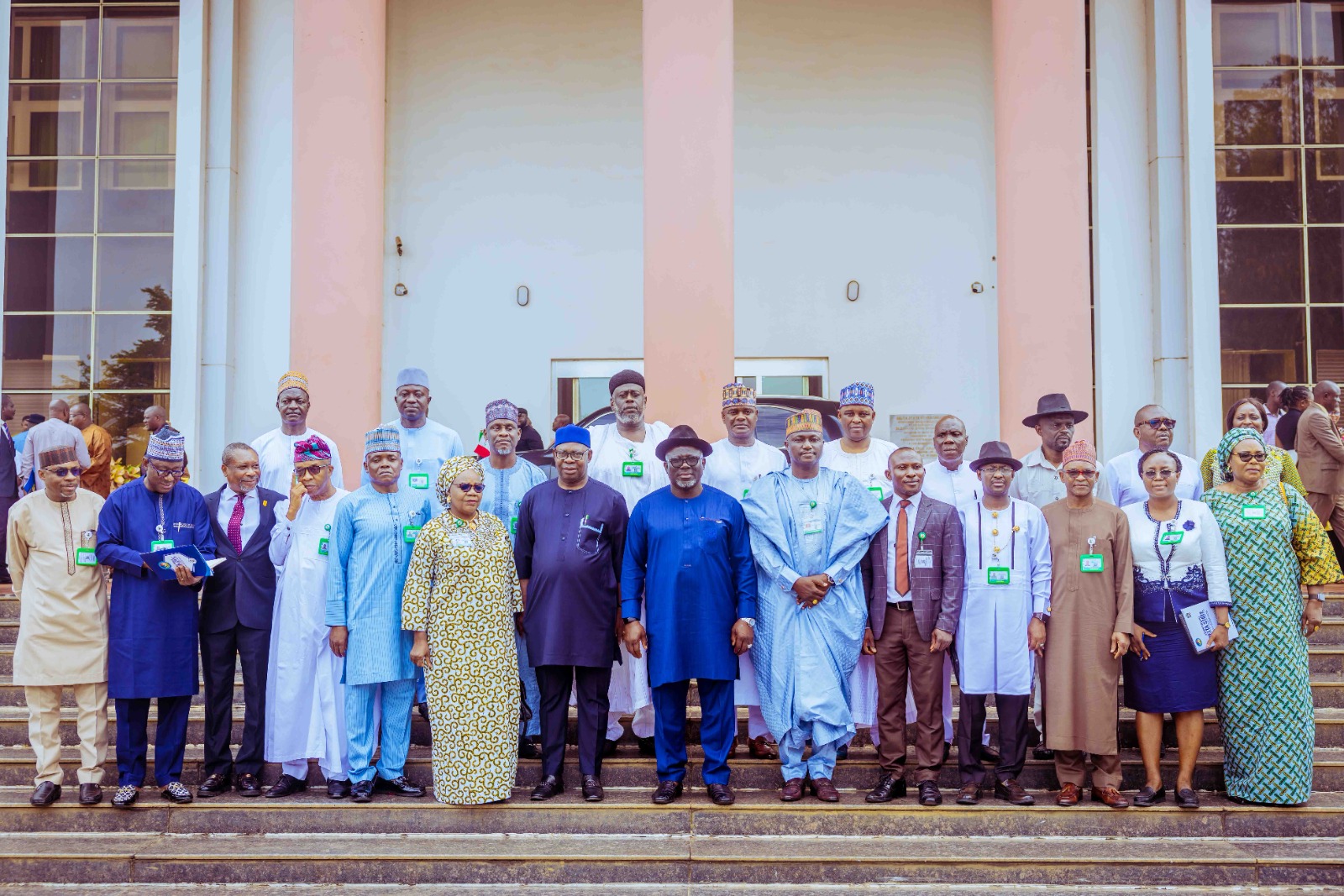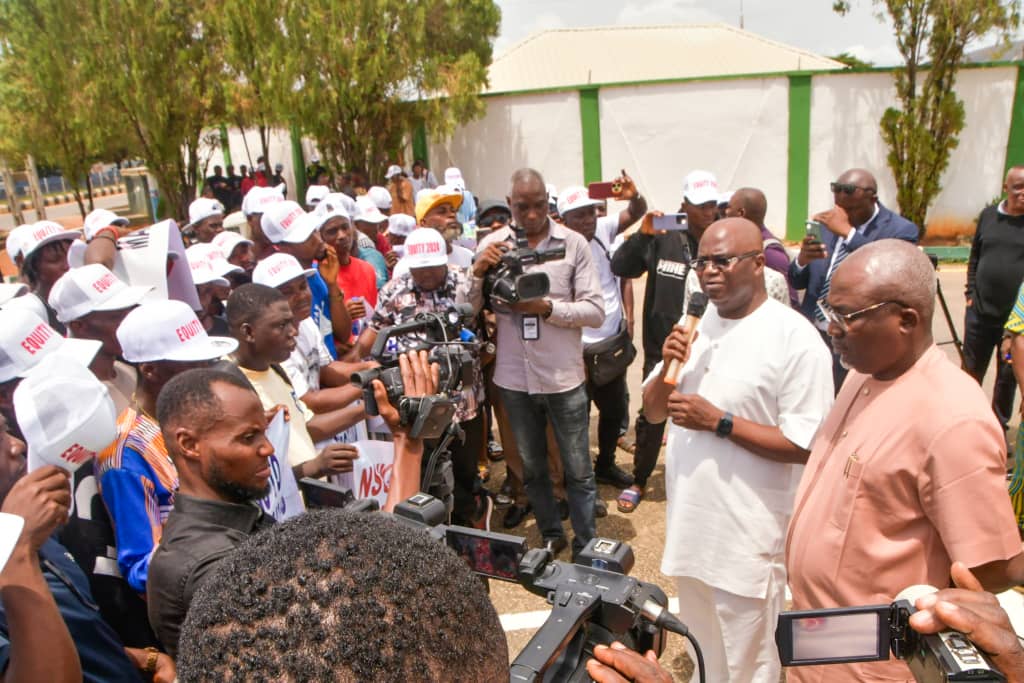Rule of Law and Anti-Corruption (RoLAC), an advocacy group, says Female Genital Mutilation (FGM) does not protect chastity, but drives promiscuity.
The group made the assertion at a forum to campaign against FGM and other harmful traditional practices on Sunday in Awka.
Mrs Nkoli Ebede, Coordinator, Legal Aid Council in Anambra and a panelist at the forum, described FGM as the partial or total removal of the external female genitalia or other injury to the female genital organs for non-medical reasons.
She said communities around the globe and in Anambra practiced FGM, claiming it was a panacea for promiscuity and means of protecting women’s chastity.
“With FGM, sexual satisfaction is gone. Such mutilated girls or women will end up becoming promiscuous because they will be going from one man to another in search of sexual satisfaction.
“So, we can now see the irony, they claim they want to tame girls and women by practicing FGM, but it is actually the opposite,’’ she said.
Ebede listed numerous complications of FGM as severe pain, excessive bleeding, genital tissue swelling, fever, infection, urinary problems, wound healing problems, shock and even death.
In her presentation, Mrs Uju Onyendilefu, a consultant with RoLAC, said it carried out a research in communities and discovered the continued practice of FGM in Anambra.
“During our research, these communities told us they had stopped female genital ‘cutting’ because they no longer use blade for fear of the child bleeding out, whereas they still do what is called ‘Numbing’.
“They use very hot water, methylated balm, or dusting powder to harshly rob and numb the genital part of a new born baby to retard the development of the clitoris.
“These communities found another method to achieve the same purpose which they believe would help curb sexual desire and tame girls or women,’’ she said.
Another panelist, Ms Hope Okoye, Anambra Coordinator, Violence Against Persons Prohibition (VAPP), law implementation committee, said there was the need for sensitisation on the dangers of FGM.
“The practice can be described as total violation of a child’s right to health, sexual satisfaction and physical integrity; the right to be free from torture and inhuman or degrading treatment.
“We need to intensify awareness on the existence of the VAPP law and the penalties for perpetrators to serve as deterrence,’’ she said.
In her remarks, Mrs Josephine Onah, Anambra Lead, RoLAC, said it planned to carry out sensitisation in rural areas on the harmful effects of FGM using local languages and citing examples of the complications.
She explained that rural dwellers still regarded FGM as a cultural right.
Onah called for media partnership to increase awareness on gender-based violence to increase access to justice for victims.


